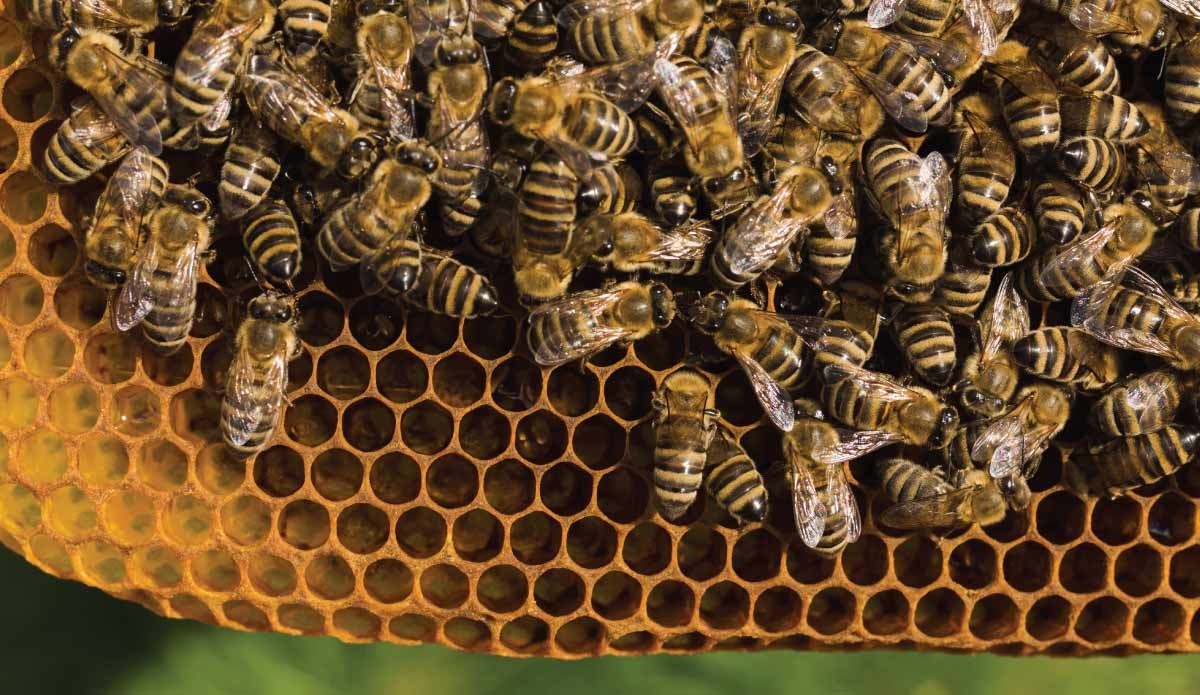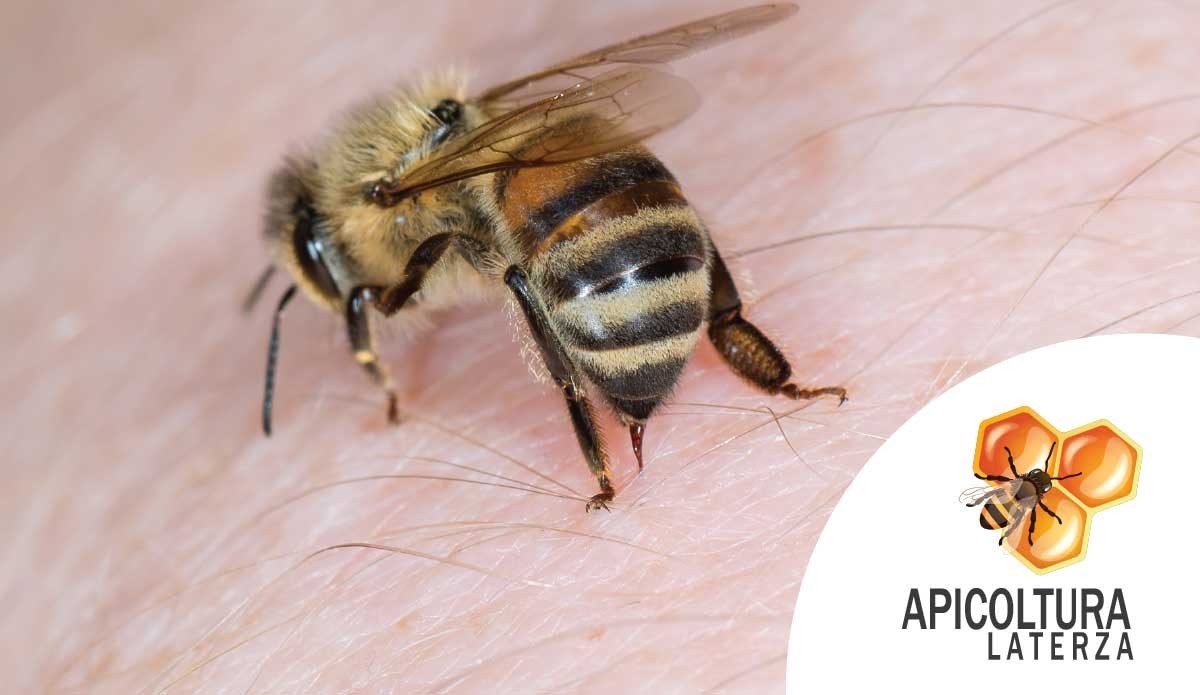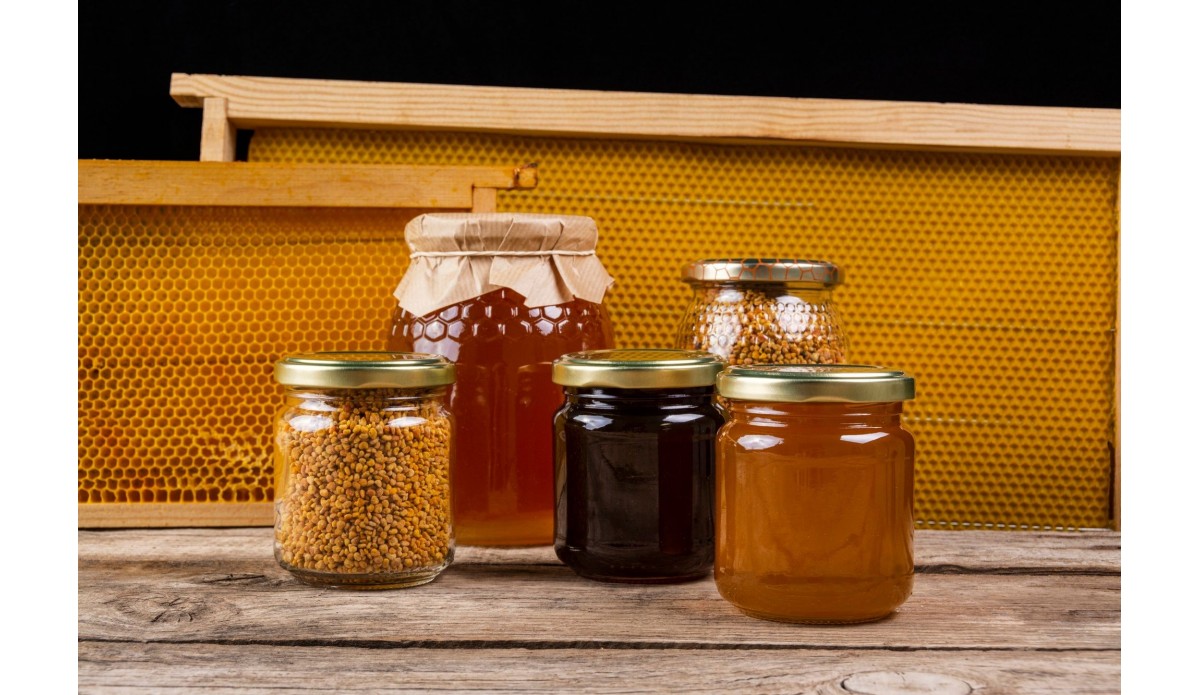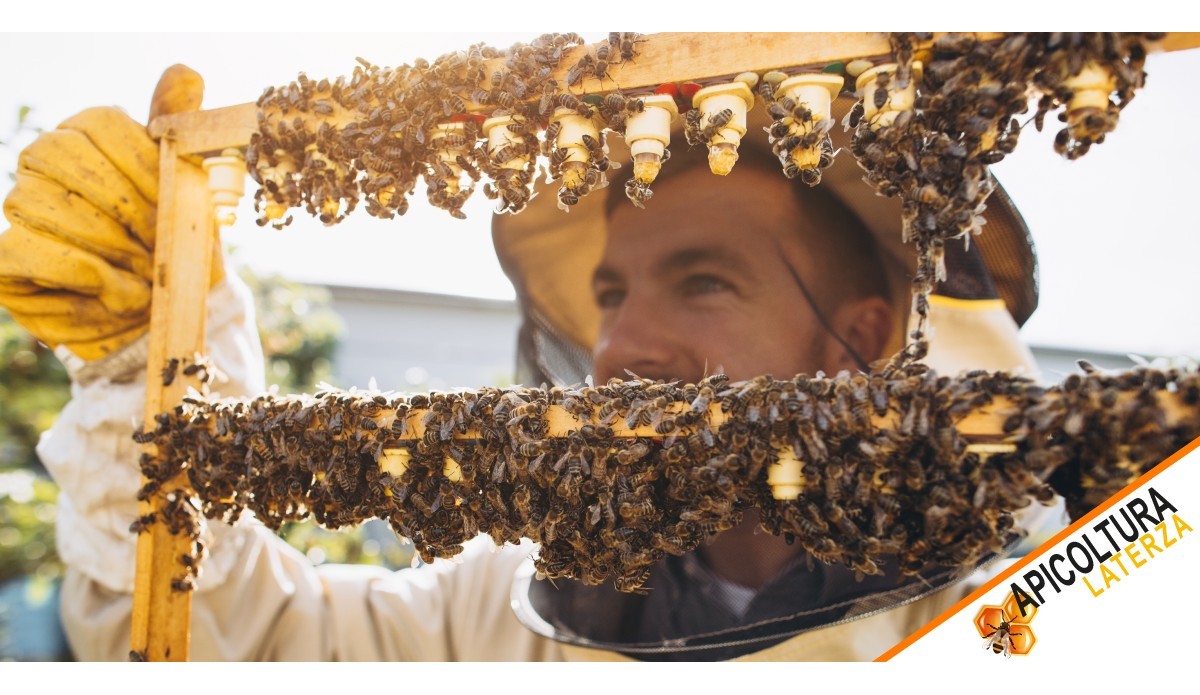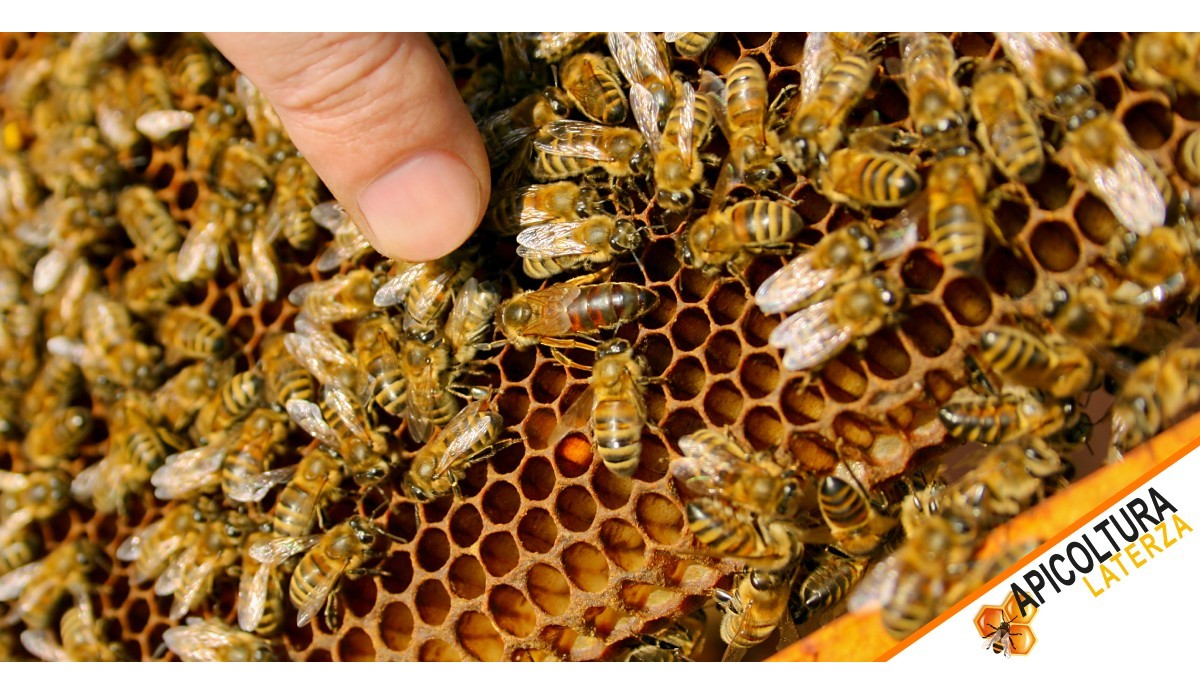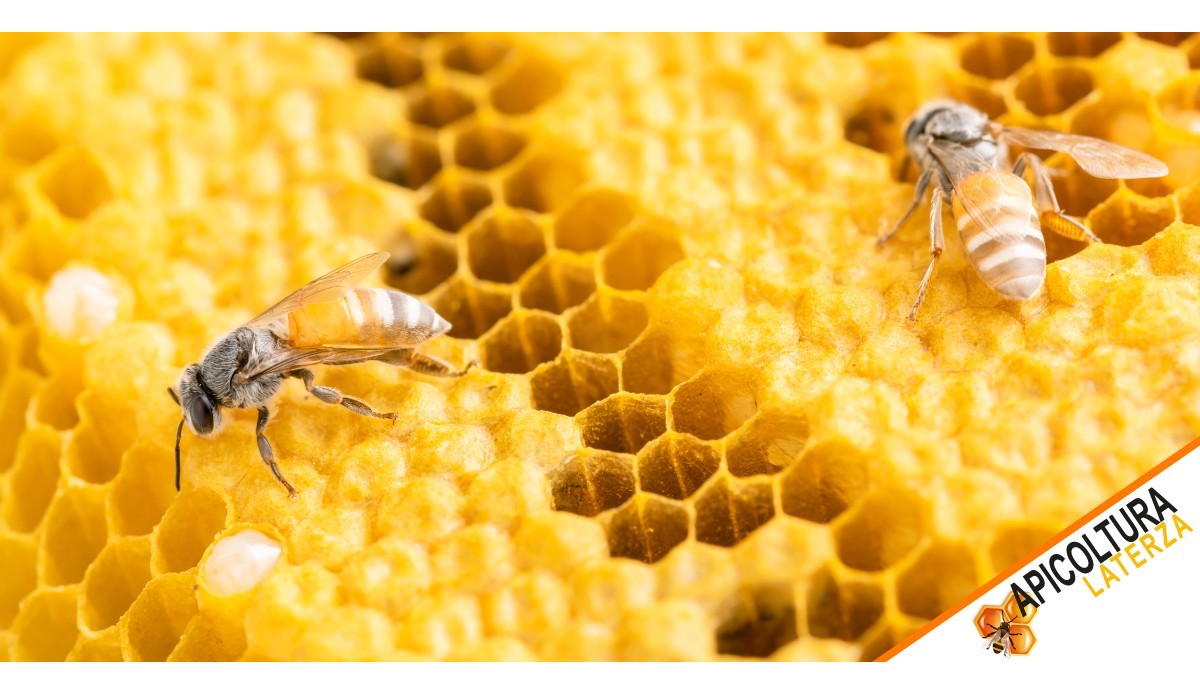Bees and climate change
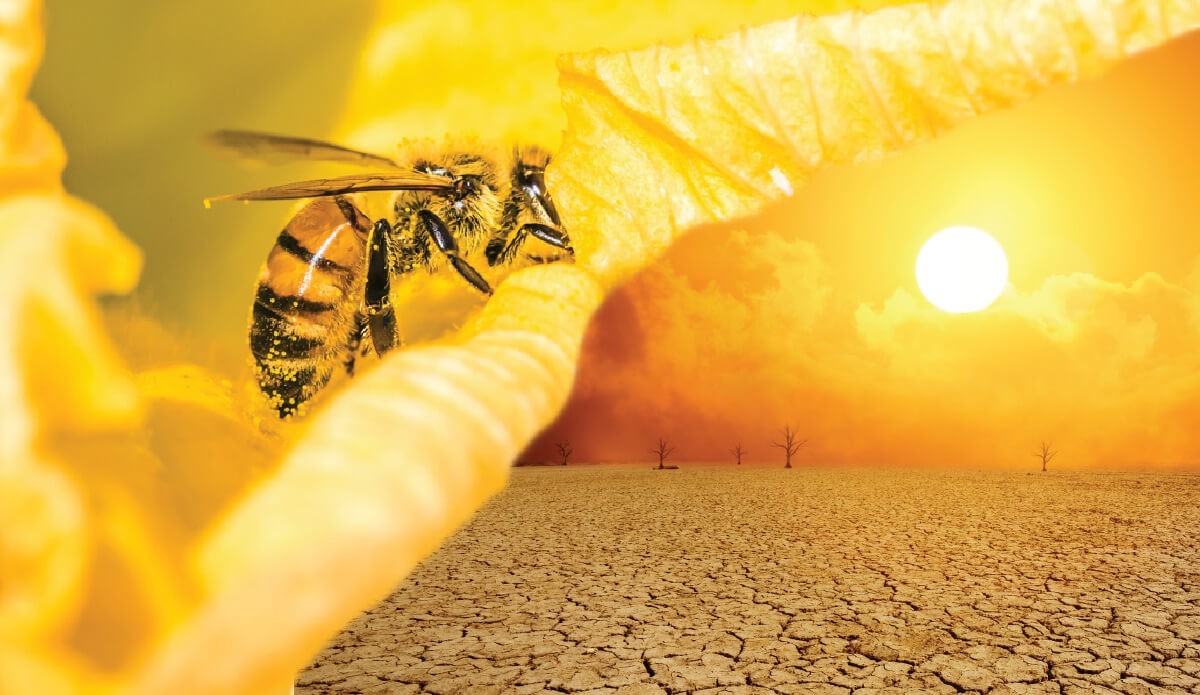
Since 1990 until today, the number of bees present on our planet has significantly decreased.
In the last thirty years there are many factors that have influenced this decrease, including pollution and climate change.
The climate is an important element for the survival of many animal species and is a factor that obviously also affects the life of us human beings.
Bees are very hardy and hardworking animals, but under unfavorable conditions, they can weaken considerably and if this progresses over time, bees could even become extinct.
The latest data on the number of bees
According to the latest surveys, the number of bees on the planet is in sharp decline. The numbers are truly worrying and numerous associations are setting up great initiatives for the protection of these animals.
As early as 2006, studies have seen a significant decline in the following years, not only in terms of number but also in terms of species. It was estimated about 25% fewer bee species over ten years. As you can see then, proceeding at this rate, the bees would have a short life and with them our life would be in danger.
Why pollinating insects are indispensable
We often tend to think very superficially and to see bees as hardworking beings, busy in the production of honey or other substances we use, but the role of bees does not stop there. Knowing the world of these precious animals, we can realize that not only they are endowed with wide intelligence and constitute a precious part of our ecosystem but also of their primary role towards the entire planet.
The reduction of bees could have a devastating impact on our lives. Because? The answer is very simple. Bees take care of performing an irreplaceable function: pollination.
It is thanks to this that many species of plants continue to reproduce and it is thanks to the exchange of pollen that plants and flowers continue to generate. Without the work done by bees, a large part of the world's food available for our nourishment would disappear.
Climate and pollution
Among the main causes concerning the decrease and weakening of bees, we certainly find us humans and our bad habits. It is estimated that the primary cause is attributable to the excessive use of chemicals and pesticides. Especially in the agricultural sector, these substances have a direct impact on the life of bees. With the dispersion of these substances into the environment, the conditions for a natural habitat for bees disappear.
Minimizing the use of pesticides in beekeeping would already be a big step towards a problem that is of great concern to our planet. How could we provide for pollination if the bees went extinct?
Many scholars in the field have tried to answer this question, imagining a future without bees. What emerged?
Well, in a nutshell, we'd be a goner. Much of our food sources would fail without pollination. What if the pollination was artificial? Scholars have also considered this hypothesis but from the various studies it emerged that it would be an unlikely hypothetical picture.
Artificial pollination has nothing to do with the natural course of the biological rhythms of this process. However, this would be a very expensive process that would require not large amounts of money but, in the end, it would not even produce the desired result.
The rhythms sustained by bees and their industriousness are incomparable to what man could do artificially.
It is therefore time to realize how bees are an important resource for us humans and for the whole planet. Their disappearance could be disastrous and it is vital to adopt targeted behaviors for their protection.
How can we protect bees
Adopting behaviors that primarily protect the planet and above all prefer sustainable choices in one's daily life, could greatly affect the environment in which bees live. In this way we can guarantee our friendly bees a habitat that is much healthier and conducive to their development.
The bees most resistant to climate change
Among the most resistant bees we find first and foremost those of the Buckfast breed. It is a type of hybrid bee, born from the crossing of several species and therefore stronger and more resistant.
The Buckfast bee has considerable resistance to different climates, whether hot or freezing, and is therefore in great demand by breeders.
Another breed in great demand in beekeeping is the Ligustica bee , strictly Italian.
This type of bee has a good productivity and is perfectly adapted to the warm climate but also to the warmer one and freezing winters.
If you own a farm and need to buy bees, we inform you that with Apicoltura Laterza you can buy bees directly online.
Our bees enjoy excellent health certified by a certificate that you will receive with each of your orders. We have fully disease-free Buckfast and Ligustica bees.
If you are interested in purchasing, you can proceed by visiting our Queen bees section.

